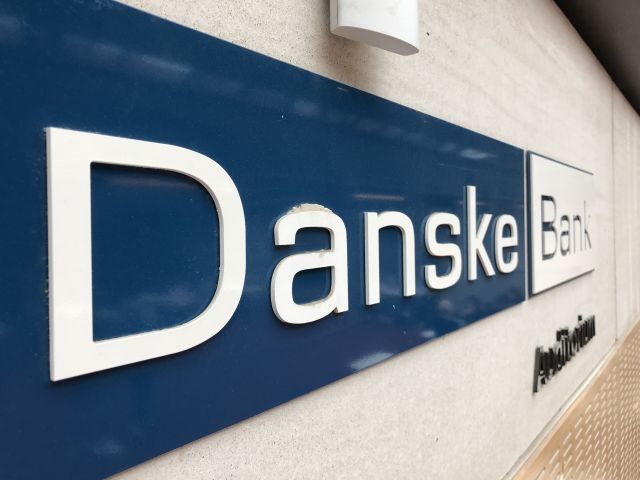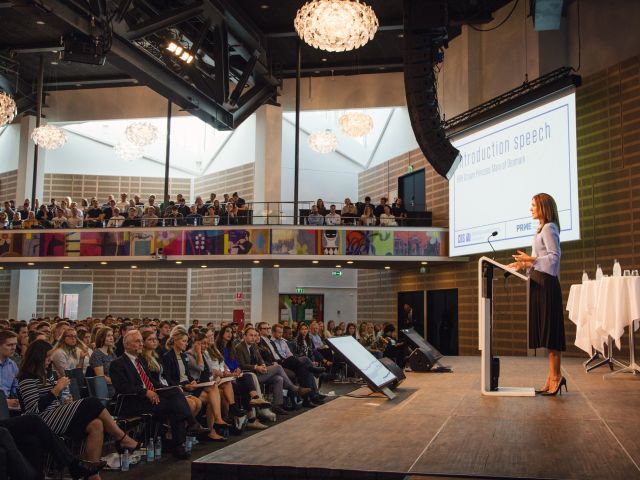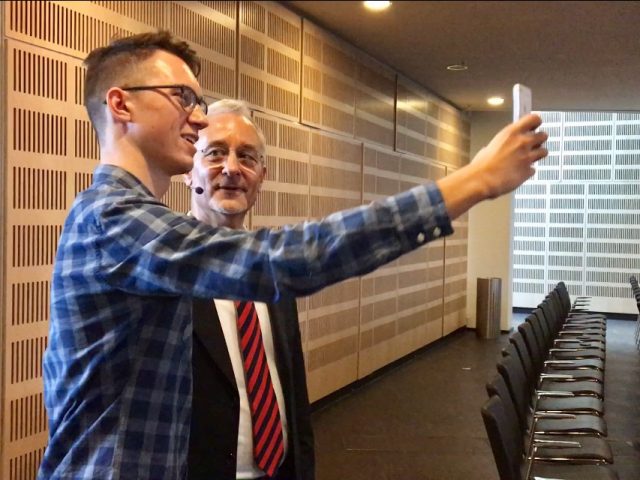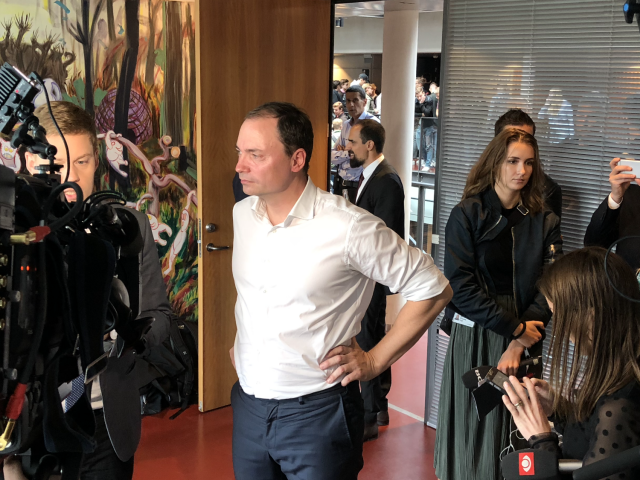Can we measure responsibility?

(Illustration: Shutterstock)
CBS is committed to implement the six PRME principles on responsible management education. But can the outcome of the principles be measured? That’s what Associate Professor, Caroline Aggestam Pontoppidan at CBS is going to find out as the new Academic Director of PRME. And she wants to introduce more case studies and advance education on ethical behavior too.
Is it possible to measure students’ understanding of responsibility throughout their bachelor’s?
That’s one of the questions that Associate Professor, Caroline Aggestam Pontoppidan would like to work on, as the new Academic Director of PRME, together with the PRME team.
Since 2008, the PRME office at CBS has aimed to equip students with the skills needed to balance economic and sustainability goals. This has, for example, included a Curriculum Development Project, which asked the study boards of all CBS bachelor programs to formulate student competencies reflecting the principles of responsible management education within each program.
“I have a background in accounting and am naturally interested in how to make things measurable and reportable. I am curious to know if we can in fact get a fuller understanding of the impact of PRME’s work by, for example, considering various indicators or ways of measuring impact,” she says and continues:
“One way to do this is to further our understanding as educators the students’ understanding of responsibility at the beginning of their studies, and then again around the end of their bachelor’s. Does it change? Can we affect it, and how? It would be interesting to find out.”’
Caroline Aggestam Pontoppidan explains that this type of work has already been initiated within the PRME team under Kai Hockerts leadership, and that it will serve as a baseline
She hopes that she, together with the rest of the PRME team, can develop a pilot model with fixed indicators of responsibility that can give an idea of the level of responsibility.
Unethical behavior in the timetable
Caroline Aggestam Pontoppidan takes up the position from Kai Hockerts, Professor of Social Entrepreneurship at the Department of Management, Society and Communications. She will be part of a team of 12 who will come up with initiatives that keep CBS’s nose to the grindstone when it comes to fulfilling the principles of responsible management education.
Apart from wanting to measure the perceived responsibility among students, Caroline Aggestam Pontoppidan has another idea in mind. She wants more case studies to address responsibility and ethical behavior.
As soon as you address ethical aspects in class, the students quite eagerly reflect on it and discuss it
Caroline Aggestam Pontoppidan
“Just as an example, the scandals at Danske Bank and IT Factory involved unethical happening and can serve as the basis of case studies, giving the students an opportunity to reflect on ethical behavior,” she says and explains:
“With the support from CBS Teaching and Learning there is ample opportunity to create tools that can make it easier for teachers to embed the PRME guidelines in teaching, hopefully in a way that continuously strengthens the impact of such education.”
Caroline Aggestam Pontoppidan incorporates various aspects of ethical behavior in her own teaching. She uses a fictive example of a company director who receives a bonus when the company has increased its earnings.
“What if the director wants the bonus, but hasn’t in fact increased earnings. That could trigger a manipulation of the accounts instead. It’s a simple example, but the students experience an aha moment, as they gain the technical knowledge of how to account for revenue and can then at the same time gain on an understand for accounting manipulation,” she says and continues:
“You don’t necessarily think about the ethical aspects, but my experience is that as soon as you address it in class, the students quite eagerly reflect on it and discuss it.”
Caroline Aggestam Pontoppidan says that case studies can be brilliant for teaching ethical behavior, as students are asked to put themselves in the shoes of a director or manager of a real company, e.g. the CEO of Danske Bank, instead of a fictitious company from a textbook.
“It becomes a more interactive way of learning as they present issues and challenges that have actually happened,” she says.
Caroline Aggestam Pontoppidan doesn’t have an exact number of cases that the team wants to develop, but they will cover small issues and large challenges, that can either be completed during one class or spread out over several lectures.
Are the master’s degrees up next?
Just as the bachelor programs at CBS have integrated the six principles of PRME, Caroline Aggestam Pontoppidan would like to investigate and support integration of the principles into the master’s degrees too.
“We will do what we can to initiate the work to make it happen,” she says and mentions that PRME as serve as a platform where teachers and students who are interested in issues pertaining to education on responsibility can work together and create new initiatives.
“Working across disciplines with many colleagues across CBS is going to be exciting and rewarding,” she says.
Caroline Aggestam Pontoppidan takes up the position on January 1, 2019.





































































































































This sounds like a great idea! I hope the new students will take their learnings with them and apply them to the companies they will work for. I could for sure use this kind of knowledge in my company.
Kind regards,
Nikolai
Ceo – https://crewnet.io